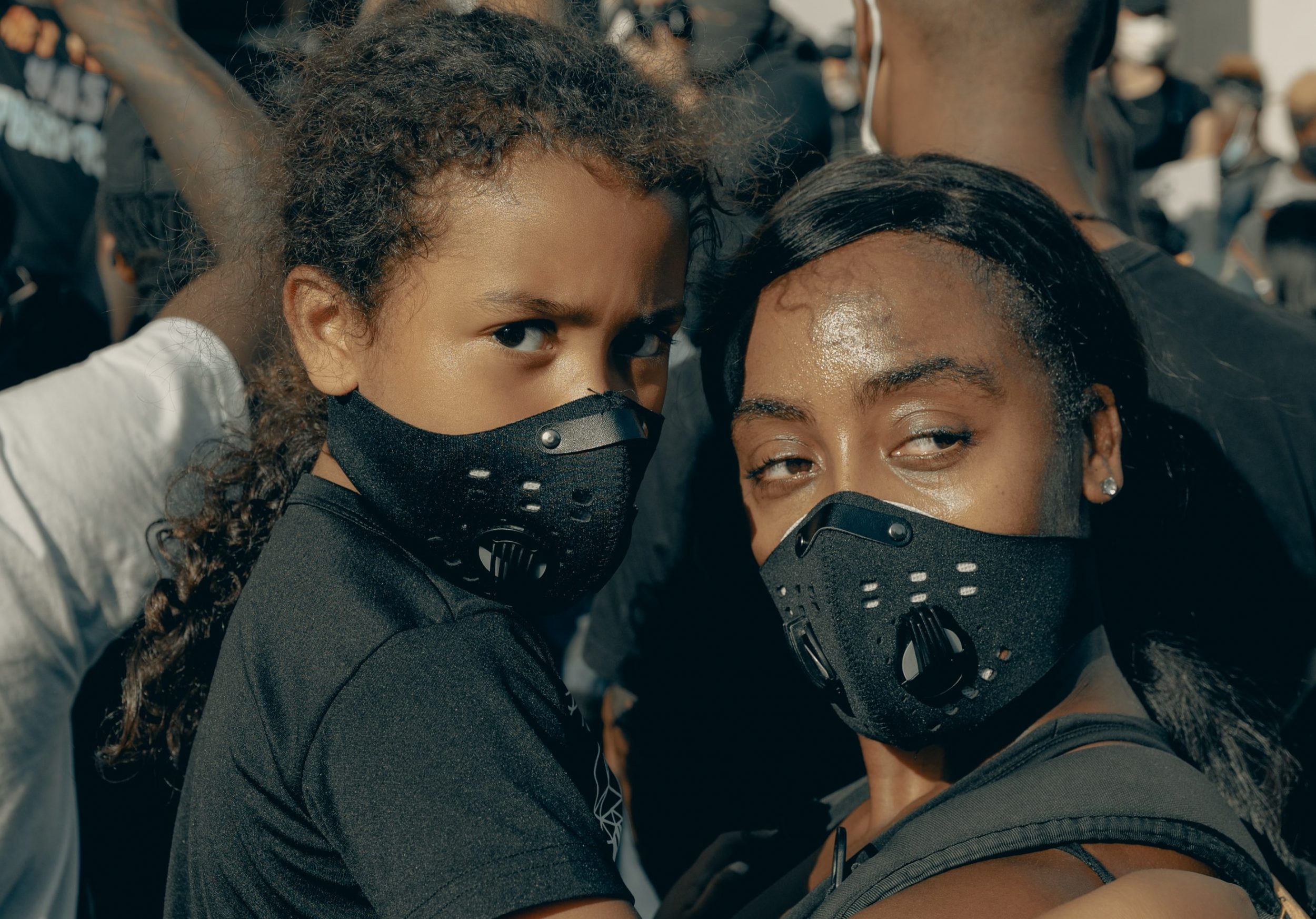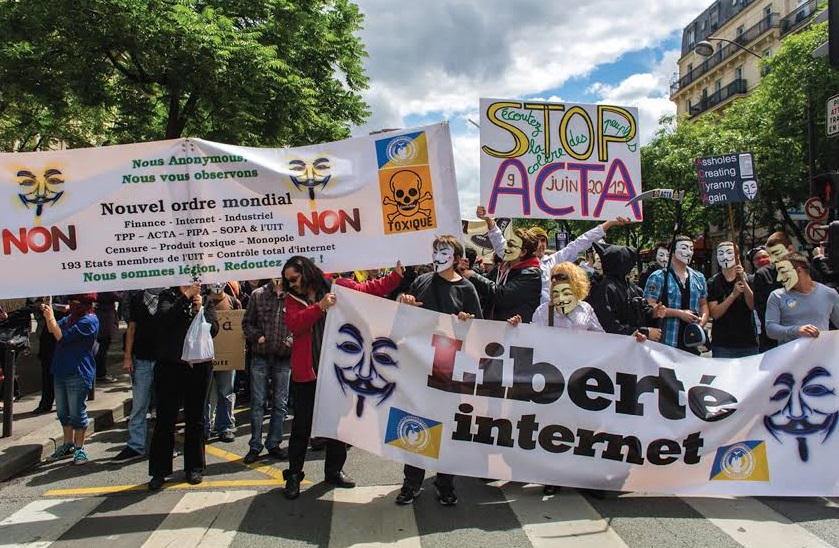 bell hooks will always be an iconic feminist author, activist and one of the most influential intellectuals of our time. Her death has deeply affected many who greatly benefitted from her scholarship. LSE’s Professor Shakuntala Banaji writes a deeply personal and poignant reminder of the legacy hooks has left behind.
bell hooks will always be an iconic feminist author, activist and one of the most influential intellectuals of our time. Her death has deeply affected many who greatly benefitted from her scholarship. LSE’s Professor Shakuntala Banaji writes a deeply personal and poignant reminder of the legacy hooks has left behind.
In a year of hard, hard loss – grief, isolation, anxiety, anger all around us, and hope stretched thinner with every passing day – the news that beloved mentor, generous activist and genius scholar bell hooks has died, hits harder. I was gifted Ain’t I a woman: Black Women and Feminism in the mid-80s by my aunts. Like the writings of Alice Walker, James Baldwin and Toni Morrison which consumed me at the time, this book was a revelation. Speaking directly to and for Black women, for queer people, for dissidents, naming decades and centuries of othering and injustice, hooks’ arguments enlivened and built theory. Without losing sense of the importance of consciousness, she delineated what praxis is and does in ways that generations of Marxist writers from both global north and global south had struggled to. Her work took theories of class and race; of history, trauma and psyche; of gender, looking and power, and turned them inside out, representing them as stories about people feeling theory.
 Social media is briefly a flock of birds carrying tiny precious condolences and homage to bell from so many people of colour and especially the communities of Black women for whom she first and foremost taught and wrote. We’re reeling. And we’re quoting her because we loved and respected her so much, and will continue to love her in years to come. For the past forty years, she’s given her brilliance to the world through books and talks and classrooms and You Tube videos in language that actually makes sense. Even when tired, almost broken, she’s done so with the aim of making things better, helping people be better for others and for ourselves, forcing us to look at the intellectual and activist pathways we have to tread to acknowledge, understand and heal from the debilitating pain that misogynist, racist and capitalist oppression leaves in its wake.
Social media is briefly a flock of birds carrying tiny precious condolences and homage to bell from so many people of colour and especially the communities of Black women for whom she first and foremost taught and wrote. We’re reeling. And we’re quoting her because we loved and respected her so much, and will continue to love her in years to come. For the past forty years, she’s given her brilliance to the world through books and talks and classrooms and You Tube videos in language that actually makes sense. Even when tired, almost broken, she’s done so with the aim of making things better, helping people be better for others and for ourselves, forcing us to look at the intellectual and activist pathways we have to tread to acknowledge, understand and heal from the debilitating pain that misogynist, racist and capitalist oppression leaves in its wake.
I had just trained to be a teacher when Teaching to Transgress: Education as the Practice of Freedom was published. I read it in one sitting and then again, and again. From then on, unconditional love and conscientious, uncomfortable, reflective critique became the central pillars of my pedagogy. And all those other things we were told to strive for “academic excellence”, “being the best of the best” were filtered out as the destructive neoliberal buzz words that they would, in time, show themselves to be. From this book I share with you three quotes that will probably be familiar but are also outrageously beautiful and useful:
“As a classroom community, our capacity to generate excitement is deeply affected by our interest in one another, in hearing one another’s voices, in recognizing one another’s presence.”
“All too often we found a will to include those considered ‘marginal’ without a willingness to accord their work the same respect and consideration given other works.”
“I came to theory because I was hurting—the pain within me was so intense that I could not go on living. I came to theory desperate, wanting to comprehend—to grasp what was happening around and within me. Most importantly, I wanted to make the hurt go away. I saw in theory then a location for healing.”
hooks taught us that theory is a location for healing rather than a yardstick for measuring the quality of institutional gatekeeping. And so here we are: the outpourings of grief online are almost uniformly from incredible scholars of colour who, by their own account, were brought back to hope and to academic life after encountering bell hooks.
There’s much more in Teaching to Transgress which is illuminating beyond the scope of US classrooms. hooks proffers powerful wisdom on the importance of holistic teaching for teachers and students, of paying attention to the body, to affect and to social learning. She reminds us that language, disability, race, gender and sexuality are embodied realities which affect in profound ways how people speak, see ourselves and learn in the classroom. She gives a sharp and prescient account of the false optimism of the early days of inclusion and diversity rhetoric, before it was subsumed beneath a swift and confused backlash.
Other things she’s written that resonate powerfully include these words, from her breath-taking treatise All About Love,
“Will also implies choice. We do not have to love. We choose to love…When we understand love as the will to nurture our own and another’s spiritual growth, it becomes clear that we cannot claim to love if we are hurtful and abusive. Love and abuse cannot coexist”.
And:
“There can be no love without justice…”
To unpack these quotes brings us closer to understanding the inextricable linkage of teaching and revolutionary activism in hooks’ life, and their centrality not just for the survival of othered groups but also to the survival of the planet. What we are witnessing – when politicians mandate that some people are not real citizens because of their religion or race, so they could become stateless; or that individual and national debt must be incurred and paid, no matters who dies in the process; or that it’s more important to close borders than to make vaccines patent free – is a profound absence of love in the political realm, an inability to love, the antithesis of it. Only rarely are these racist, free-market discourses recognised for what they are: a politics of hate and destruction in which only billionaires and the already-powerful will thrive.
In Love as the Practice of Freedom, hooks warns that limiting the struggle against collective pain and injustice to one or other axis of oppression will lead progressives, again and again, to failure.
“Without an ethic of love shaping the direction of our political vision and our radical aspirations, we are often seduced, in one way or the other, into continued allegiance to systems of domination—imperialism, sexism, racism, classism. It has always puzzled me that women and men who spend a lifetime working to resist and oppose one form of domination can be systematically supporting another.”
All of these are philosophically novel, insightful, challenging theorisations of experience, politics and struggle. And hooks’ words, carved as they are so eloquently, without the facile jargon of so many, leave us knowing more in important ways about what needs to be done, now, about the choices we have in front of us.
hooks never shied away from acknowledging the continued hold of anger and pain in individual lives. In particular, she wrote about and against the pain of perpetual misrepresentation.
The text I’ve leaned on most publicly over the years is one that speaks directly to media theory: the chapter entitled “the oppositional gaze: Black female spectators” in her outstanding 1992 collection Black Looks: Race and Representation. I first encountered that tour de force at university when I was trying to make sense of the complex political economic backdrop to US President George Bush Sr. and his allies invading Iraq, the frenzied racism of the British tabloids after the brief disastrous Iraqi incursion into Kuwait, the vicious beating of Rodney King in the US and murder of Steven Lawrence in the UK. Quite aside from what was going on in the mainstream media and rightwing politics, on the British left, whether feminist, anti-fascist or trade union related, something in many of those meetings, most of that organising that we were engaged in left many people of colour alienated and drained or denying parts of ourselves. There we were, putting up posters, giving out leaflets, selling badges, organising protests, sitting through worthy debates and excruciating polemics, called on to be there, to be visible and responsible: but never really seen. We were definitely not heard as speaking theory – unless we were break-through philosophers or literati in the dining halls of the elite. Or dead: victims on billboards. Then, suddenly, there was bell hooks with “the oppositional gaze”, her critique both of mainstream films and of mainstream white feminist film criticism, and through her lens, I re-read and made sense of De Beauvoir, Spivak, Fanon, Davis and Marx, and also of popular culture. There is power in looking. Looking can be co-opted. Looking can be terrifying.
And year after year I’ve watched my own students on the film theory and world cinema course come alive to the sheer brilliance of her demonstrating how those of us othered, excluded and dehumanised by the expected gaze of popular culture, by media narratives, by politicians’ hate speech — and always in particular, how Black women — refuse to look, in protest; or gaze back in anger and power, without flinching.
To honour bell hooks, we will go back to her scholarship, and cite her, and try to absorb some of those lessons. We’ll watch videos of her saying electrifying things about letting go of anger, and turning to the spirit, replenishing the soul. Some who use the language of diversity as a smokescreen, while continuing to discriminate against scholars of colour, will also cite her. It is important to recollect this, even as we collectively mourn. So to truly honour her scholarship, and her transformative goals inside and outside the classroom, we would also have to look around our homes and work places and ask ourselves who we are harming through our words, alliances and silences; and how we can do much better in dismantling structures of injustice in the here and now.
This article gives the views of the authors and does not represent the position of the Media@LSE blog, nor of the London School of Economics and Political Science.






Really moving Obituary for Bell Hooks. You have sharply brought out her contribution in exposing neoliberalism, Islamophobia and racism. Vibhuti Patel
What a brilliant piece! Feminism without Bell Hooks would have remained white supermacist voice! She gave a perspective- of women from the margins, the intersectionality approach. The then feminist narrative lacked wholeness and she provided the much needed human experiences in true sense to the struggles for gender equality. Feminist movement without Bell Hooks is nothing.